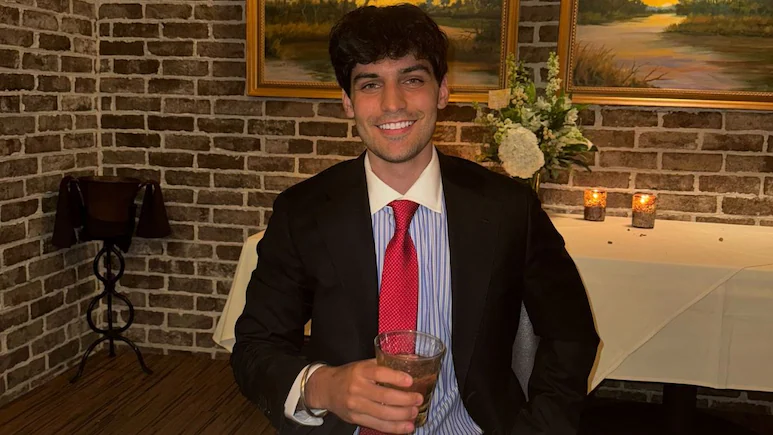Nalin Haley — the 24-year-old son of former U.S. ambassador to the UN and Republican figure Nikki Haley — has triggered widespread criticism after a series of hardline anti-immigration remarks, including claims that foreign students in the United States “serve as spies” and that naturalised citizens should be barred from holding public office.
Speaking during an interview with Tucker Carlson, Nalin argued that the U.S. should sharply limit the number of international students, alleging without evidence that “some of them are spies.” He said American universities should “keep our kids first,” a sentiment Carlson openly endorsed.
Nalin also attacked the concept of dual citizenship, calling it “the stupidest idea,” and insisted that full loyalty to the United States should be mandatory: “You’re either American, or you’re not an American.”
Targets Naturalised Citizens, Languages, and Legal Immigration
The younger Haley went further, saying naturalised Americans should not be allowed to run for office because “growing up in the U.S. is a big part of understanding the country.” He added that while knowing other languages is acceptable, he disapproves of having any primary household language other than English.
Nalin claimed young conservatives are frustrated because the Republican Party does not fully reflect their anti-immigration views: “That’s the struggle, and that’s where this anger comes from.”
Blames Immigrants for Job Competition
In a previous interview with UnHerd, Nalin supported even banning legal immigration, blaming immigrants for job shortages among his friends. He argued that recent graduates are unemployed while “foreigners are coming over here to take jobs that my friends wanted.”
Calls for Deportation of Naturalised Journalist
Nalin also repeated his demand to “denaturalise and deport” British-born American journalist Mehdi Hasan, saying: “If you hate America, you shouldn’t be in America. If you don’t like America, get out.”
The remarks have drawn sharp backlash from immigrant communities, civil rights advocates, and political observers who say the rhetoric mirrors extreme anti-immigrant narratives.

